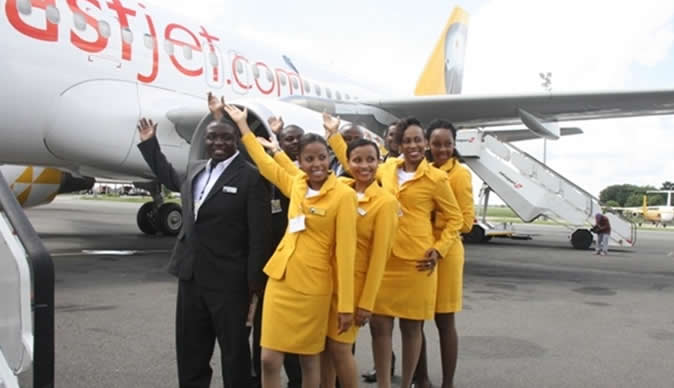Makomo resumes coal production
MAKOMO Resources Limited, Zimbabwe’s largest coal mining company in terms of installed capacity has resumed operations, lessening growing concerns over the potential shortage of fuel to fire the expanded Hwange Thermal Power plant.
Makomo, under corporate rescue, mothballed its Hwange plant early this year after running into operational challenges. It is one of the major suppliers of coal to the Hwange thermal plant, alongside Hwange Colliery Company Ltd and Zambezi Gas.
Zimbabwe contracted China’s Sino Hydro to build two more units at Hwange for US$1,4 billion.
The first unit is expected to be commissioned in November this year, six months after the initial target as COVID-19 induced disruptions delayed the delivery of some of the equipment. The second one will come on line during the first quarter of 2023.
The two units, with a combined production capacity of 600 megawatts (MW), almost 65 percent of the existing capacity is expected to significantly reduce power cuts.
Widening power shortages has resulted in ZESA rationing supplies, with households and businesses enduring long periods of load shedding and the coming online of the two units will significantly reduce power cuts and narrow the deficit.
Corporate rescue practitioner Mr Bulisa Mbano told The Herald Finance & Business production had resumed, albeit, at a smaller scale with plans in place to ramp up production.
“When we came in the plant had been mothballed. We are still working on a turnaround plan but we have restarted operations,” Mr Bulisa said in an interview.
Sources said Makomo has since started delivering coal to Hwange’s new units in preparation for commissioning. The coming on-stream of the new units will push demand for coal up and analysts and industry players have already raised concerns over the capacity of miners to produce enough in light of unviable prices The price of coal is currently pegged at US$29 per tonne and is paid in local currency
using the interbank rate. With most production inputs, such as explosives, fuels, and consumables being paid in US dollars, the price has become unviable.
South Africa has a varied pricing structure and the price of thermal coal ranges from US$39 and US$42 per tonne.
“The issue of the viability of the coal producers is critical otherwise we will end up having idle capacity (of the power plant),” said a senior executive of a coal mining company, who declined to be named because is not allowed to talk to the press. “Most of our expenses are in US dollars, fuels, consumables, and now labour but we are paid in local currency at the interbank rate, which is significantly lower than the widely
used parallel market exchange rate. We have the capacity but with the current pricing structure, that capacity will be not fully realized,” the executive added.
Hwange power plant consumes about 90 percent of locally produced coal. In 2020, Government set aside an agreement requiring ZESA to pay half of the coal supplies in foreign currency. The power utility and coal miners had agreed that 50 percent of coal be paid in foreign currency to support the miners, which needed hard currency to sustain operations in light of forex shortages that were prevailing at the time.
ZESA is being paid in foreign currency by some exporters, particularly mining companies
and the deal entailed coal miners be partly paid in forex to support operations.
This relates to continuous recapitalization and procurement of spares, fuel, and
consumables.
“ZESA is paying foreign currency to import power but it can’t pay local coal producers
viable prices,” Carlos Tadya, an analyst with a local research firm said.-The Herald











